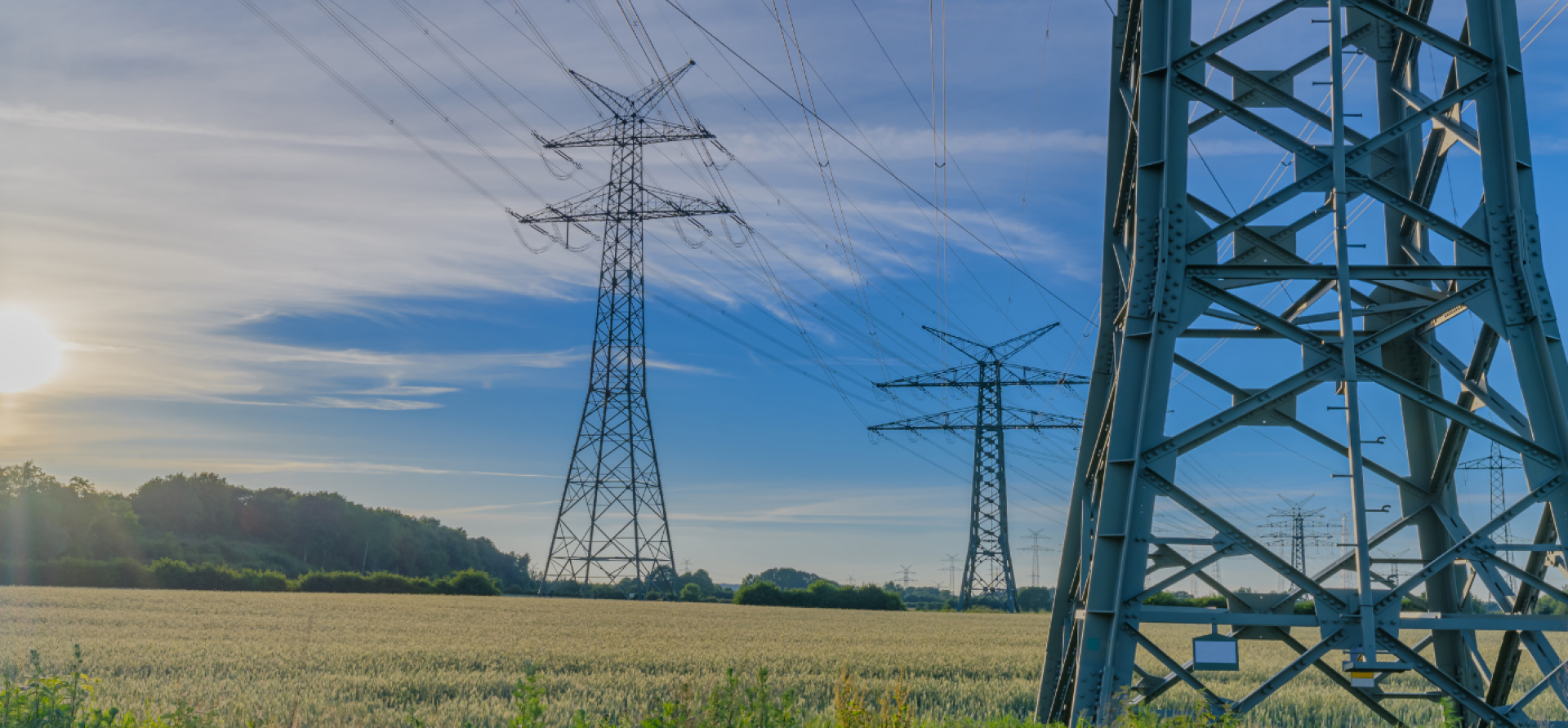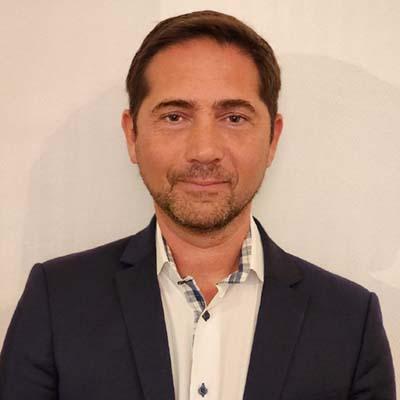How Europe’s grid operators are preparing for the energy transition
Download Full Report

Key Findings
Significant queues of solar, wind and storage projects waiting for grid connections have built up across Europe.
Of those we studied, only five TSOs are currently considering long-term scenarios aligned with a decarbonised power system by 2035.
TSOs generally raise finance via either private and diversified markets, or via public investments. Given the costs associated with upgrading the grid, TSOs that are able to draw on commensurate sources of capital will be best positioned.
Our research found that more can be done to bolster the independence of grid operators to ensure TSOs are acting in the public interest by limiting the potential for conflicts of interest.
Europe’s electricity grids will be the lifeline that drives economic growth and ensures energy security over the next decade. Yet, at present, many grid operators are heading into the future while looking in the rear-view mirror.
Transmission System Operators (TSOs) are responsible for planning, building, and operating high-voltage grids
Ensuring that TSOs are aligning their long-term plans to achieve a fossil free renewables-based power system by 2035 will be a critical milestone in the successful decarbonisation of Europe’s economy; supporting lower energy costs and the electrification of key sectors.
At the same time, the regulatory landscape needs updating to reflect new demands and realities, including better governance over the actions and investments of TSOs.
Beyond Fossil Fuels, Ember, E3G and the Institute for Energy Economics and Financial Analysis (IEEFA) investigated 32 electricity TSOs across 28 European countries to gain an insight into how they are planning for and facilitating the clean energy transition.
















